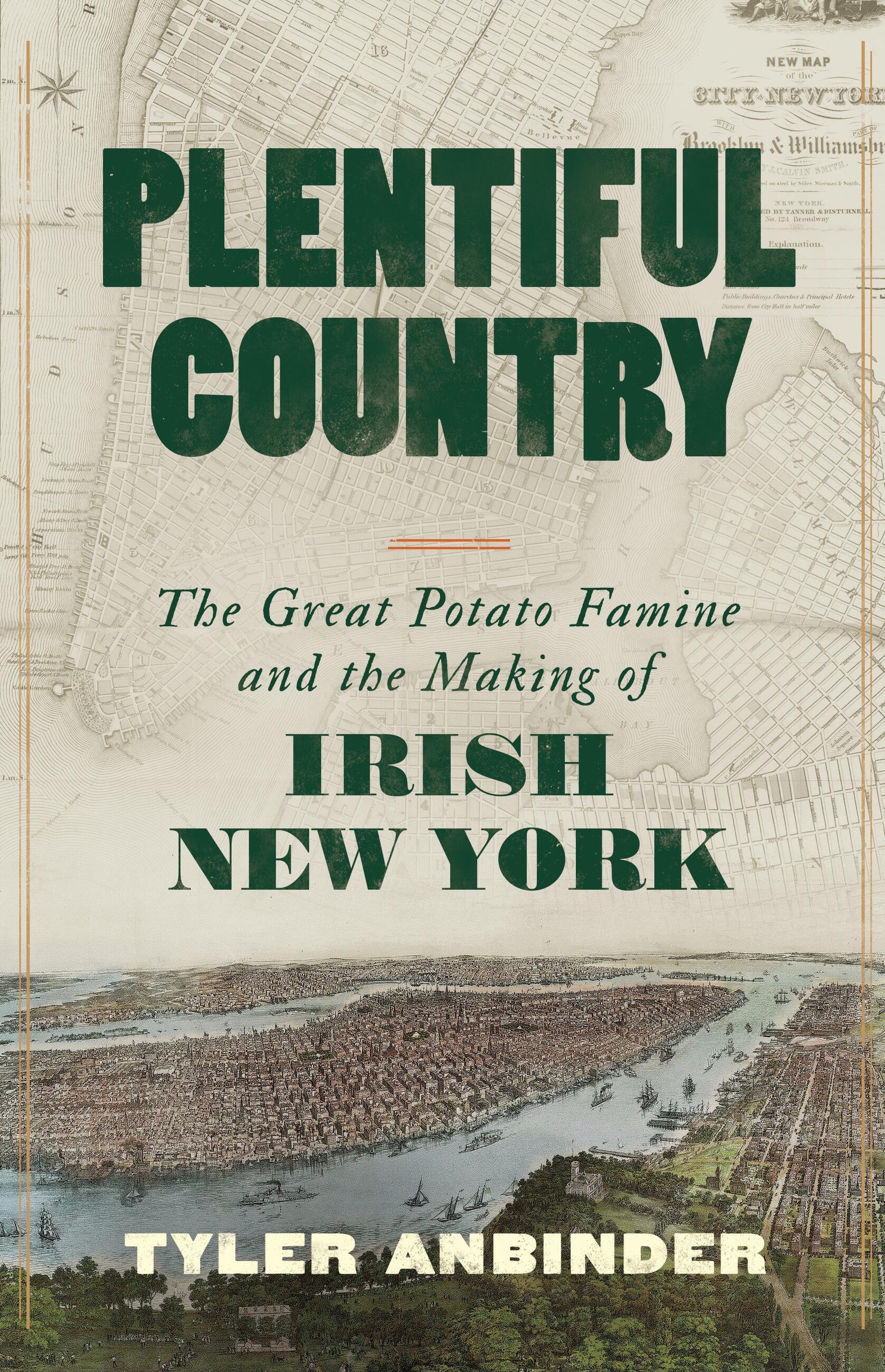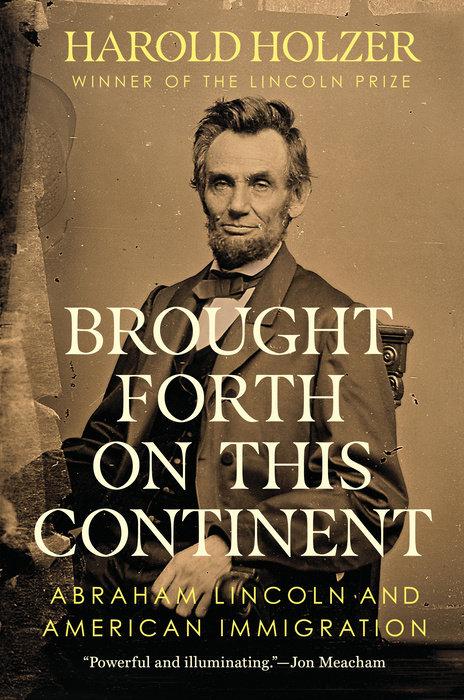It is common to connect today’s nativist right-wingers to the Know-Nothings of the nineteenth century, a term that has been synonymous with reactionary bigots at least since Richard Hofstadter’s famous 1964 study of the “paranoid style.” In a section entitled “Studies of the American Right,” Hofstadter considers those who lamented a “great tide of immigration, hostile to free institutions, sweeping in upon the country”—people like Lyman Beecher, who outlined his grave concerns about Catholic immigrants in an 1835 screed called A Plea for the West.
Except that neither Beecher, nor his famous son Henry Ward, were mere reactionary bigots. They also belonged to righteous anti-slavery and reformist movements. And as Michael Kazin noted in his recent history of the Democratic Party: “Reformers who crusaded for abolition and women’s rights tended to despise the Hibernian throng who fled [Ireland’s] Potato Famine.”
But how uniquely complicit were Irish Catholic immigrants when it comes to structural “whiteness,” inequality, and oppression? In his posthumously published 2022 collection Treason to Whiteness Is Loyalty to Humanity, Noel Ignatiev writes: “The racial status of [these] immigrants” was not a “natural outcome of a spontaneous process, [but] grew out of choices made by the immigrants themselves.” The most fateful choice of all being that, as Princeton’s Nell Irvin Painter put it, “one group utterly repudiated the notion of black-Irish similarity…that was the Irish.”
Perhaps. But many Lincoln-era Republicans also made a curious choice: to dehumanize immigrants, rather than attempt to incorporate them into some broad, new—even “progressive”—coalition. Many Know Nothings might well have been bigots. Others were more like America’s first “limousine liberals”—well intentioned and socially privileged, with many of their own deep biases and prejudices, and thus in no position to scold starving immigrants.
None of which should have the Fox News crowd cheering. Holzer’s book unintentionally makes a persuasive argument for some kind of reparations system. Lincoln, Holzer notes, bucked some in his party by supporting an “Act to Encourage Immigration,” which resulted in “a bill to extend the benefits of the 1862 Homestead Act to foreign immigrants.” This allowed even the most desperate Europeans to start building generational wealth in the United States, especially in light of another law passed seventy years earlier that explicitly defined American citizens as “free white persons.”
Tyler Anbinder’s new book offers similarly illuminating insights—and conspicuous omissions. Plentiful Country is a reassessment of immigrant social mobility, based on analyses of Emigrant Savings Bank’s digitized records, which “highlight [a] previously unrecognized part of the Famine immigrants’ story.” Anbinder finds that “[h]undreds of thousands of struggling Irish Famine refugees…managed to overcome incredible hardships to create comfortable, middle-class lives for themselves in America.” This despite the pervasive bigotry of “Americans steeped in the Protestant Work Ethic,” who “believed that the Famine refugees couldn’t possibly succeed in America—the newcomers were supposedly too uneducated, too unskilled, too poor, too Catholic, and too unaccustomed to hard work.”

